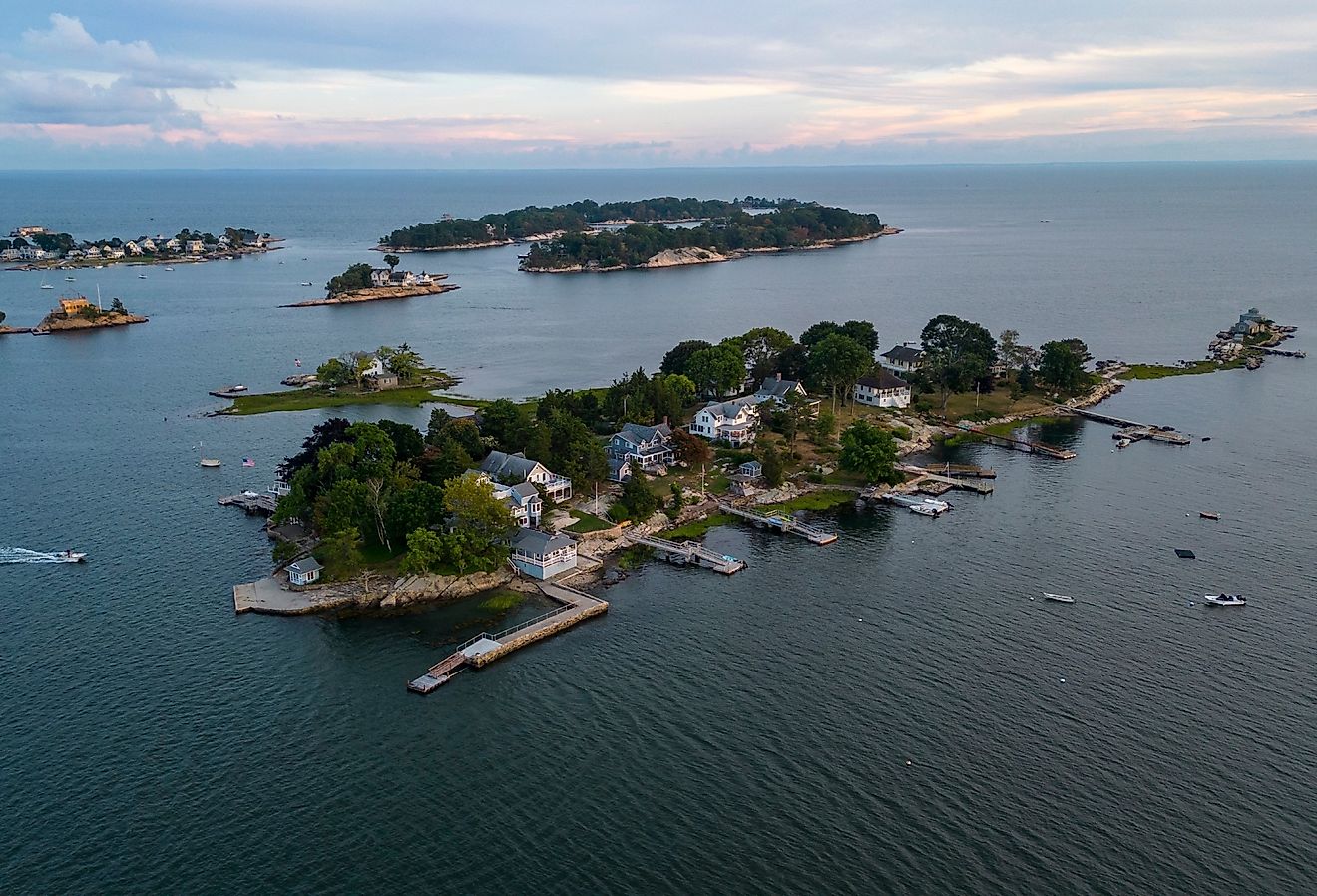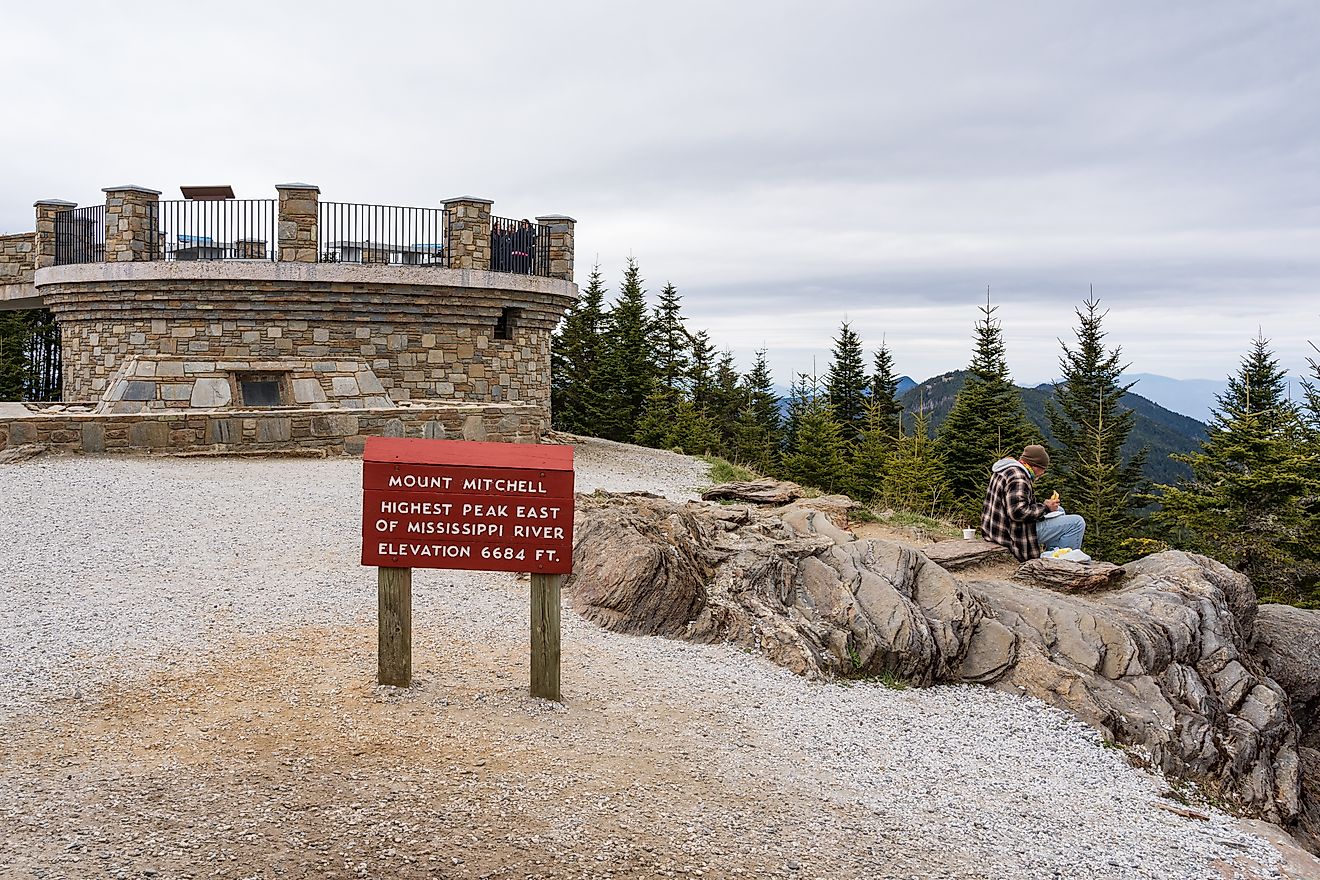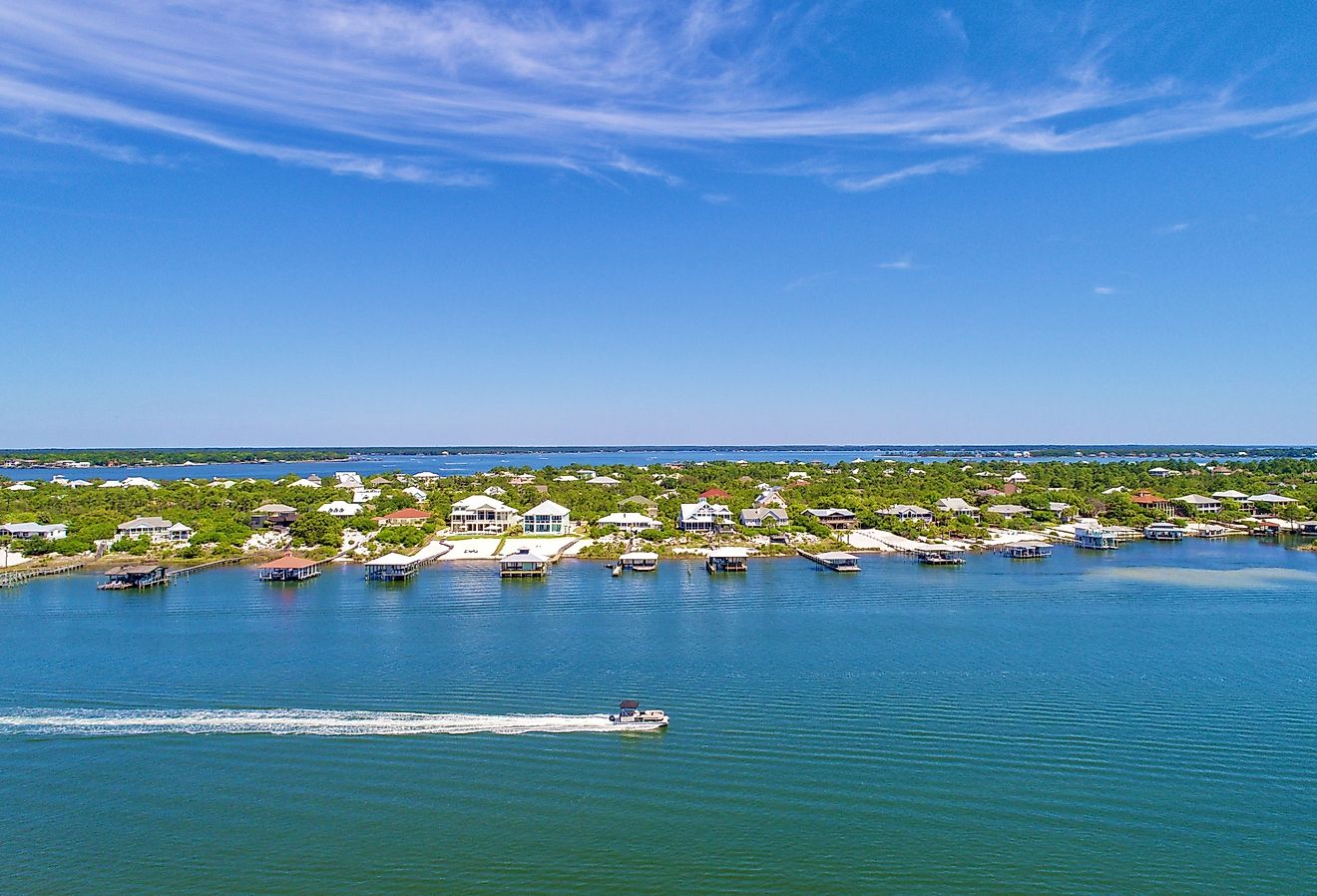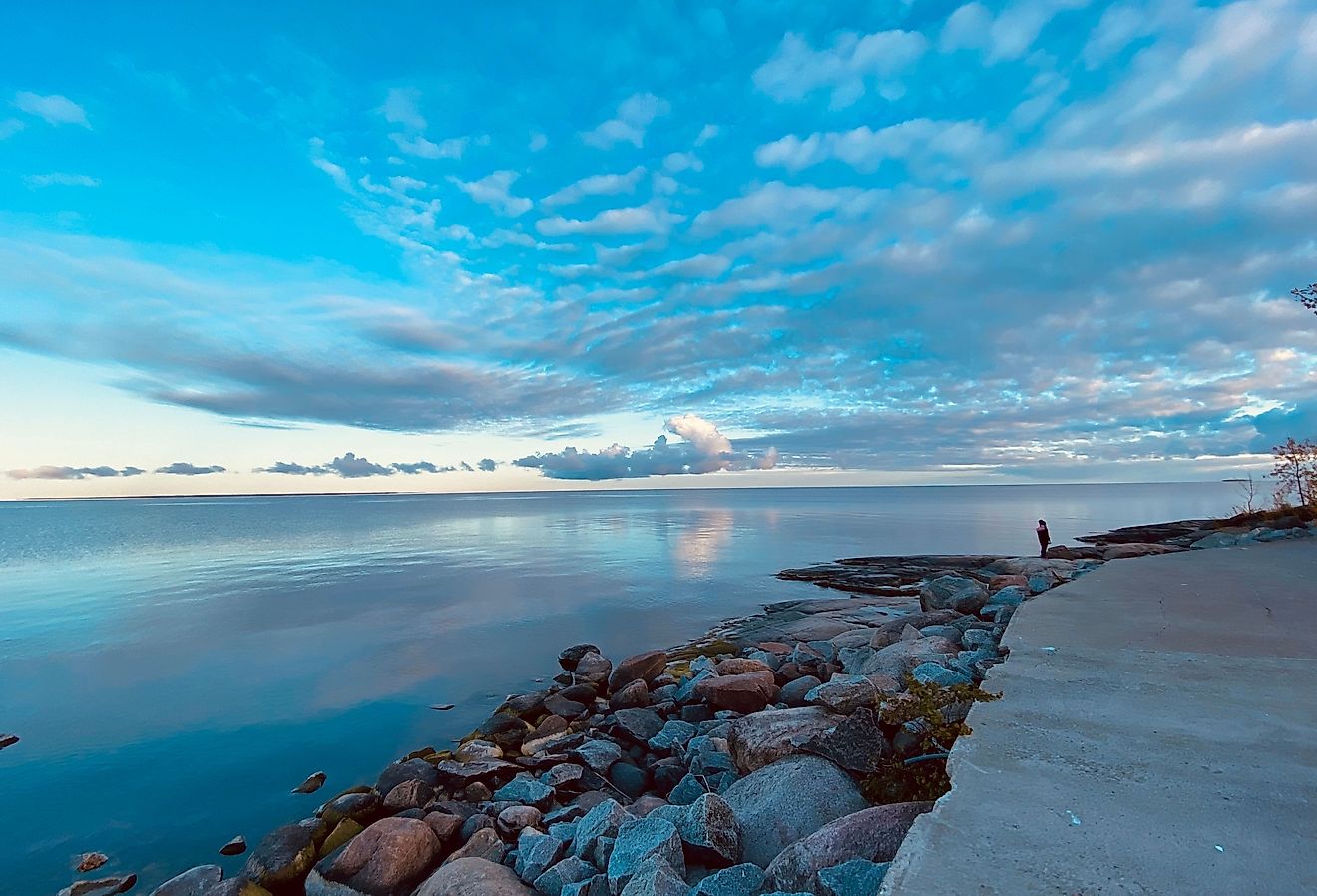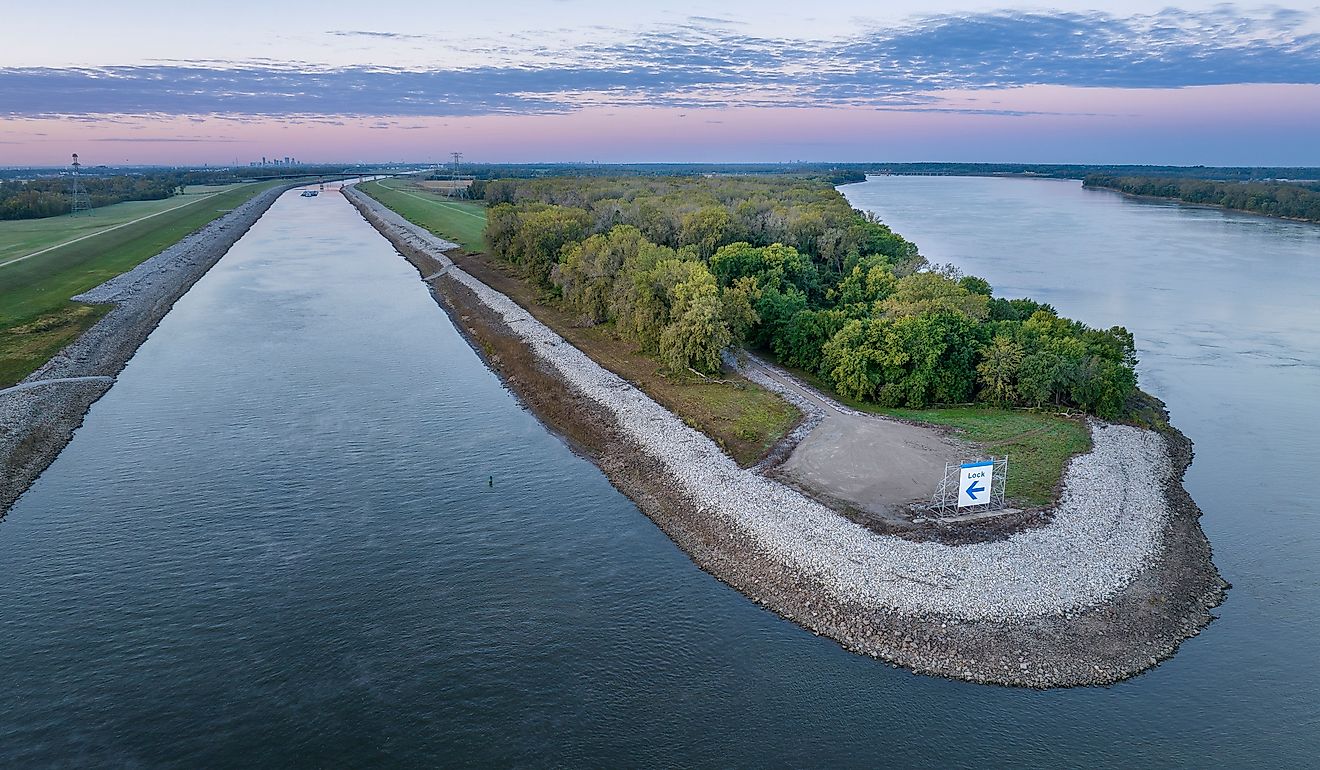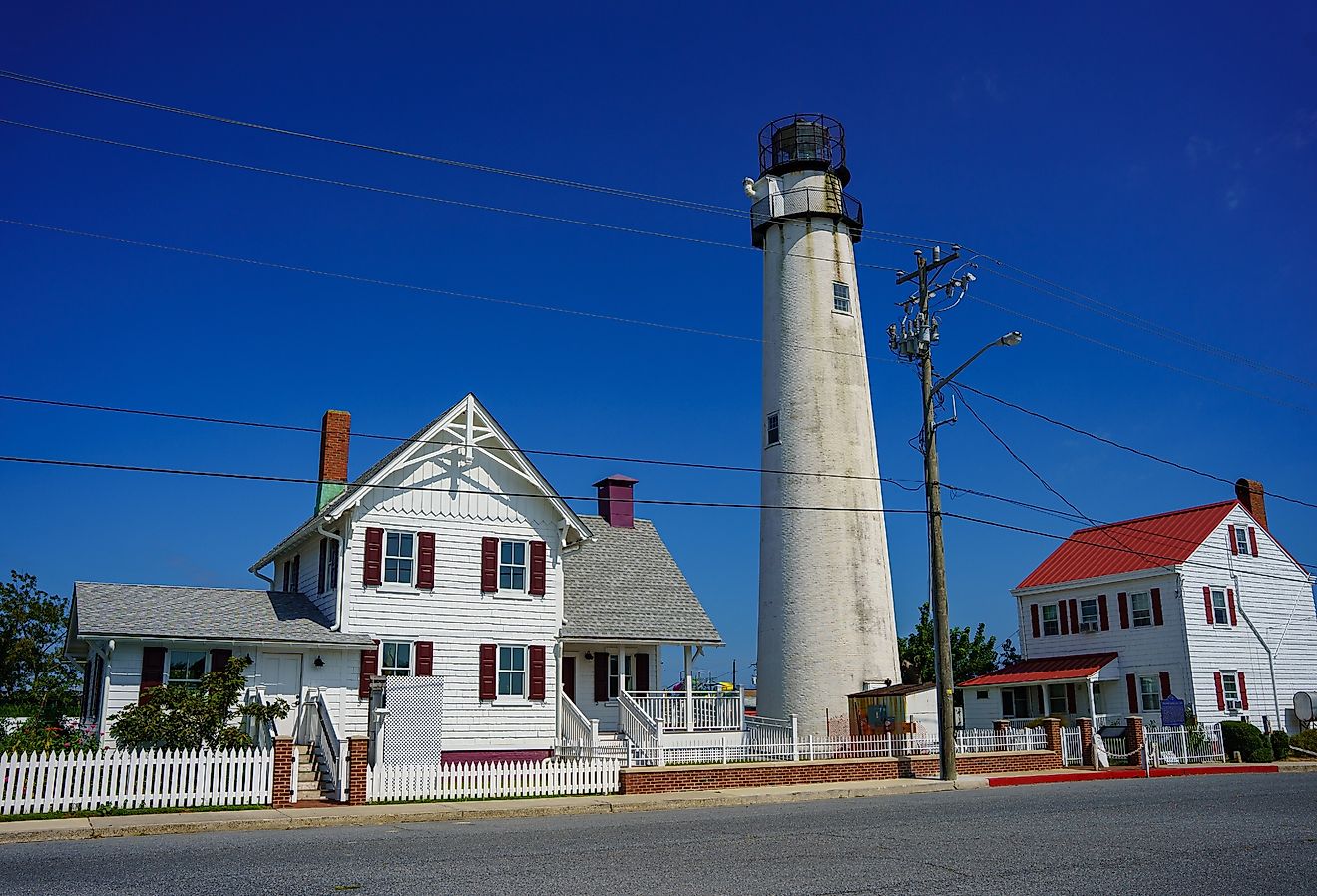
Dodecanese Islands
Greece, a sovereign nation located in southern Europe, features numerous islands and islets which are further grouped into different island clusters. The island clusters include the Cyclades, Sporades, Crete, North Aegean, Argo-Saronic, Ionian, and the Dodecanese.
Contents:
About The Dodecanese Islands
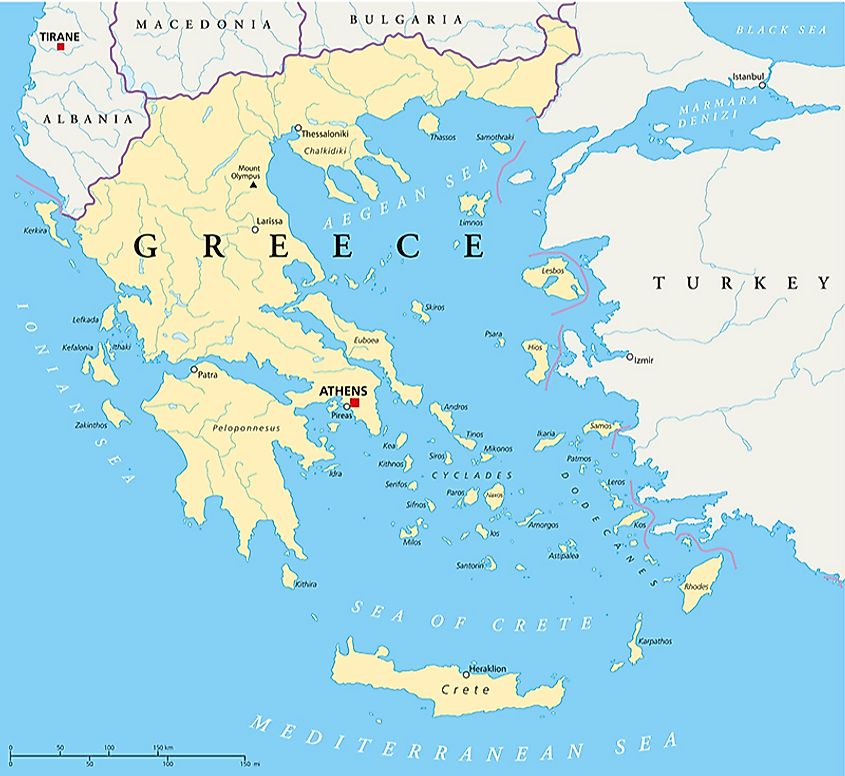
The Dodecanese Island group comprises 15 large and 150 small islands that are geographically positioned in the southeastern part of the Aegean Sea. This group of islands is located between the Cyclades Island group and the southwestern coast of Turkey. The Dodecanese Islands mark the eastern limit of the Sea of Crete and form a part of the Southern Sporades group of islands.
The term "Dodecanese" literally means "12 islands," where Dodeka is the Greek word for "twelve." Out of the total 165 islands of the island group, only 26 of these islands are inhabited. Some of the major Dodecanese islands include Kárpathos, Pátmos, Kásos, Astipálaia, Agathonisi, Chálki, Rhodes, Sými, Kálymnos, Kos, Leipsoí, Léros, Nísyros, Kastellórizo, and Tílos. The Dodecanese Island group collectively occupies a land area of 2,714 km2.
As per the Greek Kallikratis Reform of 2011, the Dodecanese islands became a part of the four new regional units under the South Aegean region.
Rhodes

Located northeast of the Greek island of Crete is the island of Rhodes, which is the largest among all the islands of the Dodecanes island group. Rhodes is often referred to as “The Island of the Knights” and is famous worldwide for its rich historical past. The Rhodes Old Town is one of Europe’s best-preserved medieval towns and has also been designated a UNESCO World Heritage Site. Because of its strategic location in the Mediterranean Sea, it has been attacked and conquered numerous times throughout history, so it has been influenced by a wide range of cultures. Some of the most famous beaches on the island include Anthony Quinn, Lindos, Faliraki, and Kallithea.
Kárpathos

Situated between the islands of Rhodes and Crete, the island of Kárpathos is the second-largest island of the Dodecanes island group. Mount Lastos, which rises to an elevation of 1,215 m is the highest point on Kárpathos Island. Located in the island’s southeastern part is Pigadia (officially, Kárpathos), which serves as the administrative capital and the principal port of Kárpathos island. Many villages are found on the island. These include Arkasa, Aperi, Menetes, Mesochori, Othos, Olympos, Pyles, Spoa, and Volada.
Kos

Situated between the Kálymnos and Nisyros islands, the island of Kos is the third-largest island in the Dodecanese Island group. Located near the center of the island is Mount Dhíkaios, which rises to an elevation of 846 m is the highest point on Kos Island. The island also includes many promontories like Cape Skandari, Cape Lacter, and Cape Drecanum. There are also several villages on the island including Antimachia, Kefalos, Kardamena, Pyli, and Lagoudi.
Kálymnos

Located between Kos and Leros islands, Kálymnos is a mountainous Greek island of the Dodecanese Island group. Situated in the island’s southeastern part is Kálymnos, the principal port and the main commercial center of the island. Kálymnos is also famous worldwide as the island of sea sponge harvesters where sponge-diving serves as the main source of income for the Kalymnians. The rocky landscape of the island offers tourists a wide range of recreational activities like rock climbing and bouldering.
Brief History

The Greek Dodecanese Islands have been well known since prehistoric times and were first inhabited in the Neopalatial period by the Minoans, and then by the Myceneans and the Dorians. The islands of Kos and Rhodes prospered as the major islands of the group since the early Archaic period. Along with the cities of Halicarnassos and Knidos, the Kos island also formed a part of the Dorian Hexapolis. The islands were occupied by the Persians around 499 BCE and then by the Athenians in 478 BCE. Eventually, the Dodecanese islands became a part of the Delian League. In 332 BCE, the islands were conquered by Alexander the Great and came under the Macedonian Empire.
After the split of the Roman Empire, the islands formed a part of the Eastern Roman Empire, which eventually became the Byzantine Empire. With the arrival of Suleiman I in 1522, the islands formed a part of the Ottoman Empire. In 1912, the islands were sold by the Ottomans to the Italians. Following the Second World War, the island became a British military protectorate. Finally in 1947, with the signing of the Peace Treaty with Italy, the Dodecanese Islands officially became a part of Greece.

